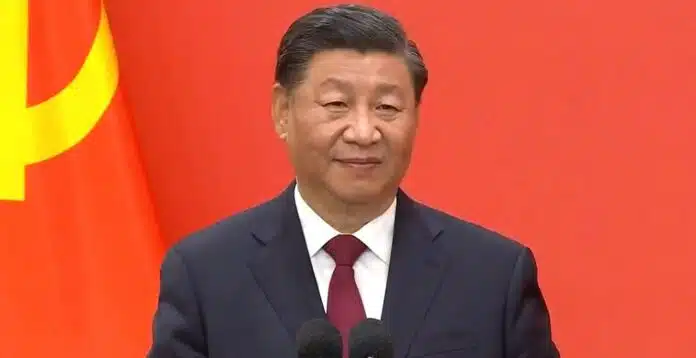Amidst trade probes and geopolitical tensions, Xi Jinping seeks to mend and strengthen China-EU relations during his first visit to Europe in five years
Chinese President Xi Jinping has embarked on a significant European tour, arriving first in France before continuing to Serbia and Hungary. This tour, Xi’s first in five years, unfolds against a backdrop of increasingly strained relations between China and the European Union, marked recently by the EU’s initiation of trade investigations into Chinese business practices and Italy’s withdrawal from the Belt and Road Initiative.
During his visit, Xi will engage with several European leaders, including French President Emmanuel Macron and European Commission President Ursula von der Leyen. These meetings are set to address critical issues such as trade, economic policies, and the ongoing war in Ukraine. Xi’s agenda emphasizes dialogue and seeks to mitigate Europe’s concerns about economic dependence on China and its close ties with Russia.
Despite the ceremonial welcomes, Xi’s visit is not just a formality but a strategic attempt to reshape China’s image and soothe tensions with the EU. The discussions are expected to be tough, particularly with von der Leyen, who has been vocal about reducing Europe’s reliance on Chinese supply chains and addressing trade imbalances fueled by Chinese subsidies.
Xi’s visit to France involves both formal discussions and personal engagements, likely aiming to leverage France’s relatively independent stance within the EU to foster a more favourable bilateral relationship. Meanwhile, the leg of his trip in Serbia and Hungary is anticipated to be less contentious, as both nations have maintained warm relations with China, contrasting with the more critical perspectives from other EU member states.
Analysis
Politically
Xi’s tour is a manoeuvre to counteract the growing scepticism within Europe about China’s global economic strategies and its alliance with Russia, especially amid the Ukrainian crisis. By engaging directly with European leaders, Xi intends to present China as a cooperative partner rather than a geopolitical challenger.
Economically
, the tour underscores China’s intent to sustain its economic influence in Europe through continued investments and trade, despite the EU’s increasing wariness of Chinese economic practices. The discussions on trade and investment are particularly pivotal as both regions navigate a complex global economic environment marked by calls for more resilient and diversified supply chains.
Socially and culturally
the visit may help to assuage public and governmental concerns in Europe regarding China’s expanding global footprint. By interacting directly with European citizens and leaders, Xi aims to forge a more positive and nuanced understanding of China’s global role.
Xi’s strategy during this visit appears to focus on differentiation—engaging with countries more amenable to Chinese investments while attempting to soften the stances of more critical EU members. This approach may reinforce existing divides within Europe regarding the stance on China, potentially complicating EU efforts to form a unified foreign policy towards Beijing

